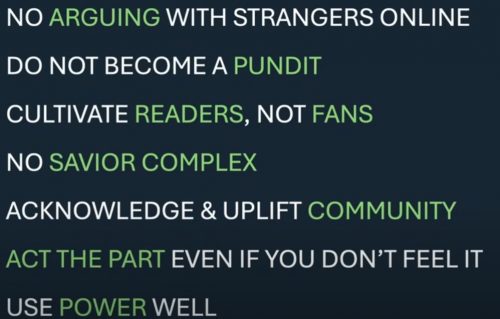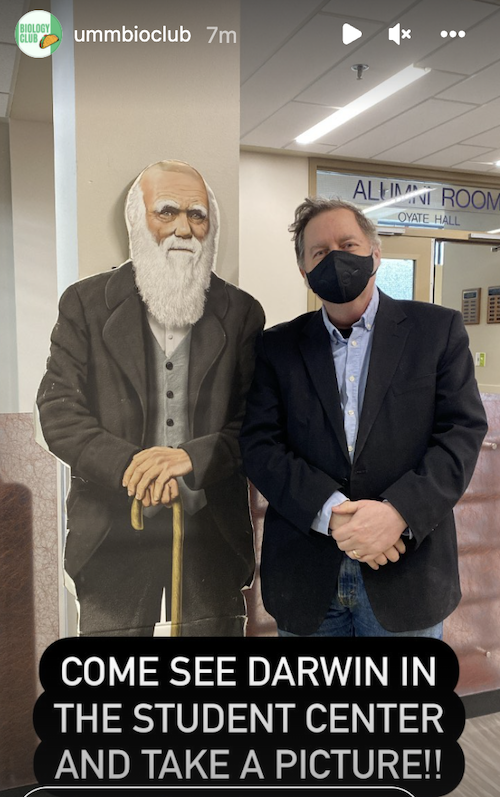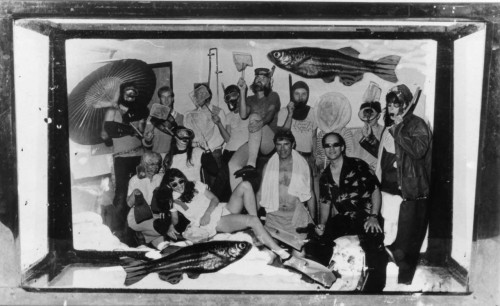I feel somewhat uneasy about the message in this video: it’s the idea that YouTube channels that have high production costs that need to be subsidized by organizations like NSF are in danger.
It’s true. We risk losing high quality stuff, while keeping right-wing subsidized garbage (like PragerU) and we don’t want that. So in that sense I agree 100% with the message.
But there’s a greater danger, and it’s been here all along. It’s the YouTube algorithm, which is already designed to favor clickbait, rage content, and sensationalist lies. The most heavily viewed YT pages are obscenities, not in the sexual sense, but in an intellectual sense. PewDiePie, MrBeast, Tim Poole, and a nightmarish swarm of repetitive, AI-generated children’s cartoon channels — the current is flowing strongly against science media.
I don’t think funding from NASA or NSF or local universities to do science outreach, which is a good thing, is going to be able to succeed against the biases of corporate YouTube. But keep on trying!







